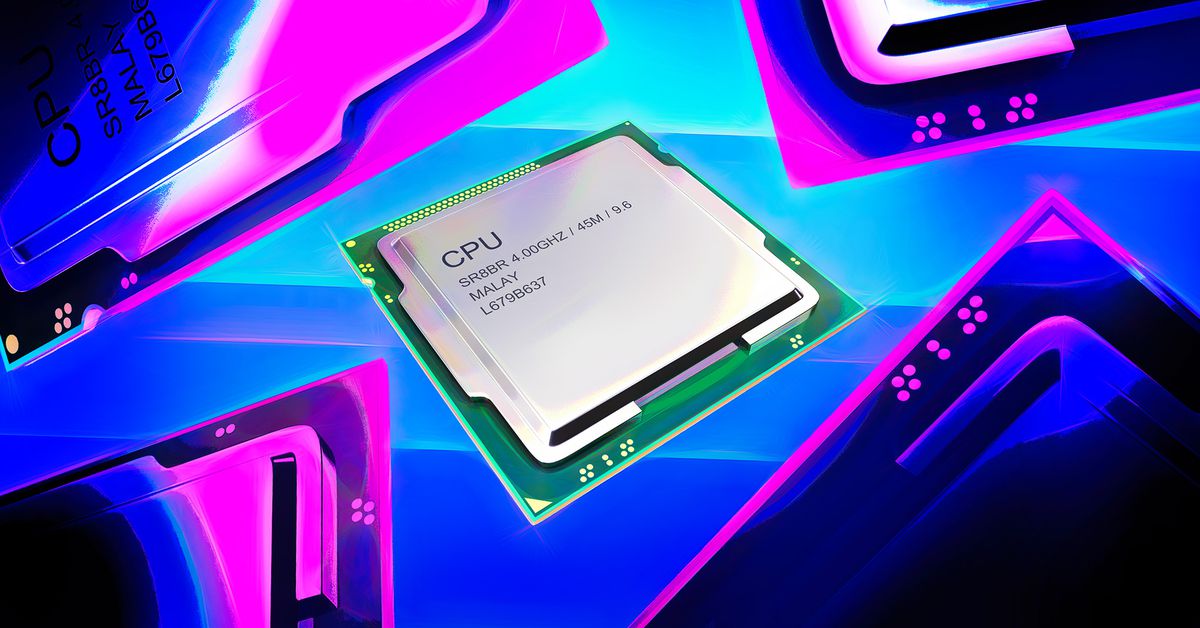The idea of this act wasn’t to make chips cheaper. It was to bring semiconductor manufacturing home instead of relying on China. They were always going to be more expensive because we can’t compete with slave labor or a complete lack of environmental regulations. Price was the reason we were making them in China in the first place.
What chips were we making in China? Unless you’re counting Taiwan as China, but I’d point out that we’re still making the top of the line chips in Taiwan.
Like, the vast majority of the less interesting, non-cutting-edge stuff. The PRC does have fabs and everything; it’s just that they are several generations back from cutting edge. And nobody wants to stick their really cutting edge tech into a mainland Chinese factory, because they’ve got an established pattern and practice of outright stealing and reverse-engineering anything interesting they can get their hands on. They don’t give a shit about any IP rules unless it’s their rules.
Yes, but I don’t think the CHIPS Act was aimed at the not-so-cutting-edge processes and getting those reshored onto US soil. The US already has a bunch, and the strategic value of those supply chains are less critical to national interests.
The primary difference is that we, and our allies, do make cutting edge lithography equipment, and we’re building factories with that stuff in it.
I work in semiconductors, and I don’t think the numbers are necessarily unfair. There are a lot of small companies and academic research labs receiving funding from the CHIPS act, and their work gets done faster when there are fabs in the country to tape out their designs.
Can’t say I know a ton about the industry but it’s wild how many fabless companies are so influential. So much of business is vertical integration, yet many of the biggest names in chips are fabless
Chip fabs simply do not work at a small scale, if you want to sell them at anything resembling a reasonable cost. Modern chip lithography takes a truly titanic amount of capital to set up, and it takes years. And by then the industry has moved on.




